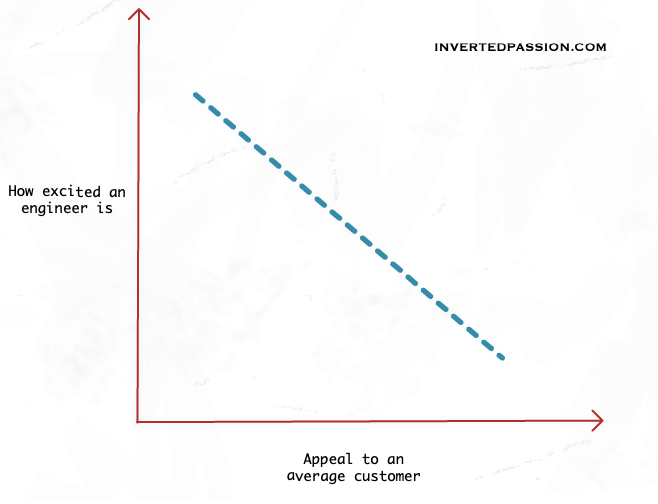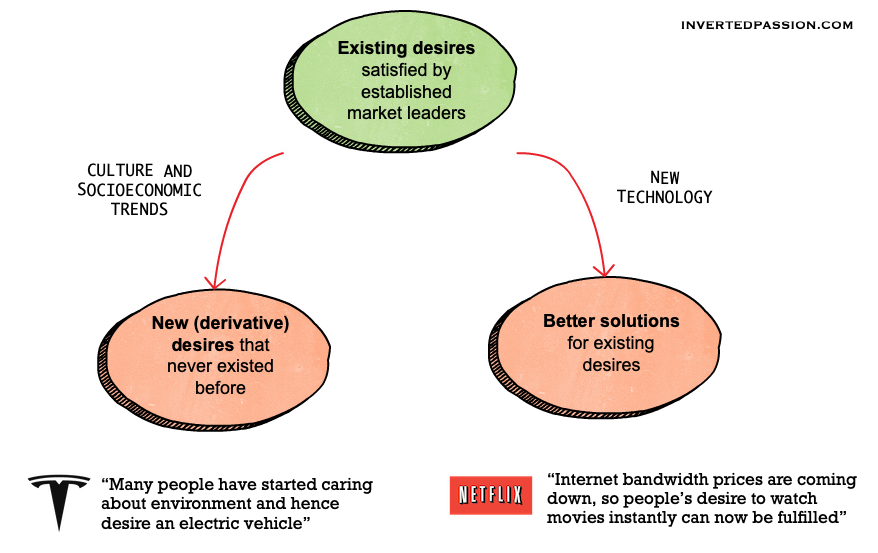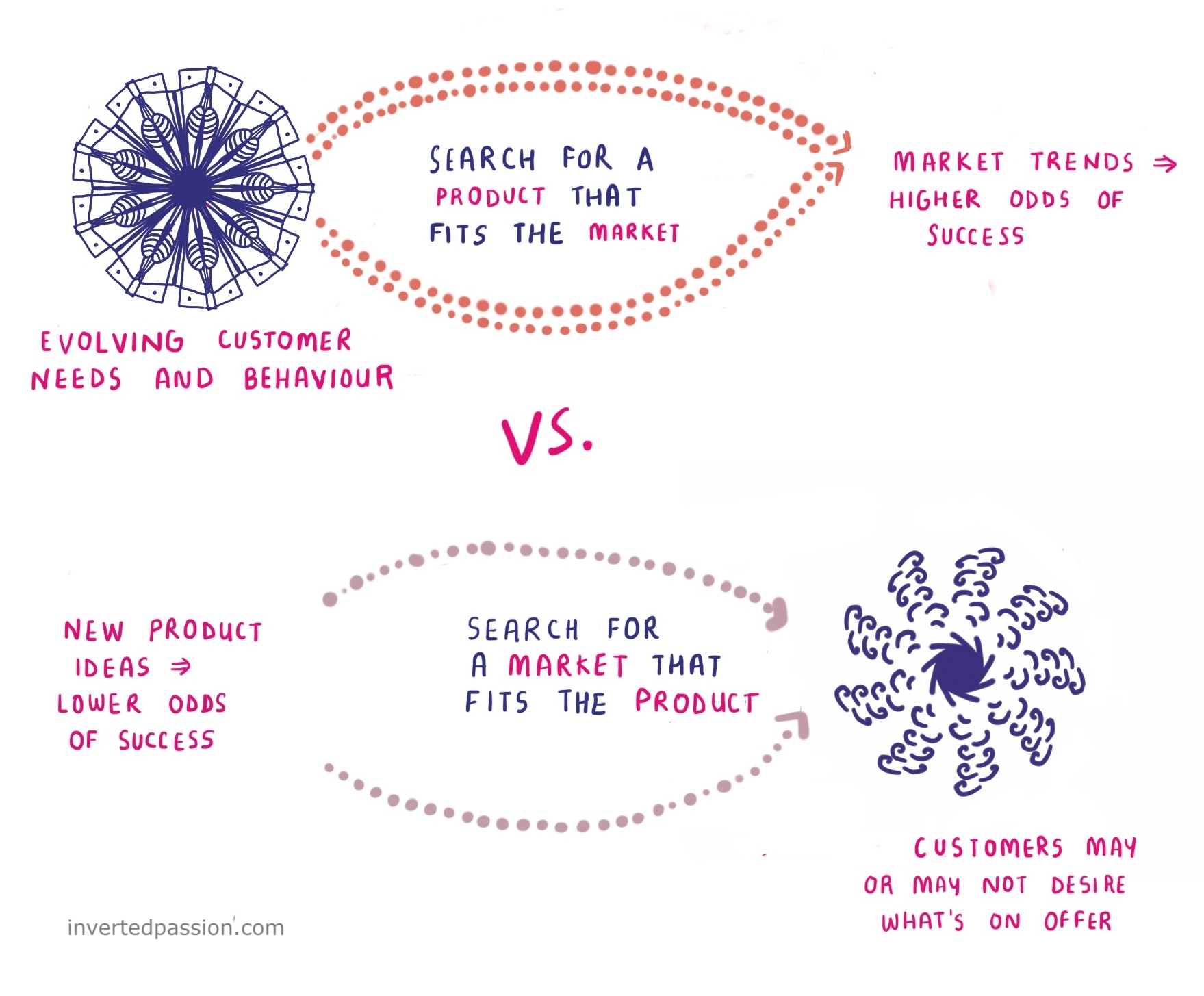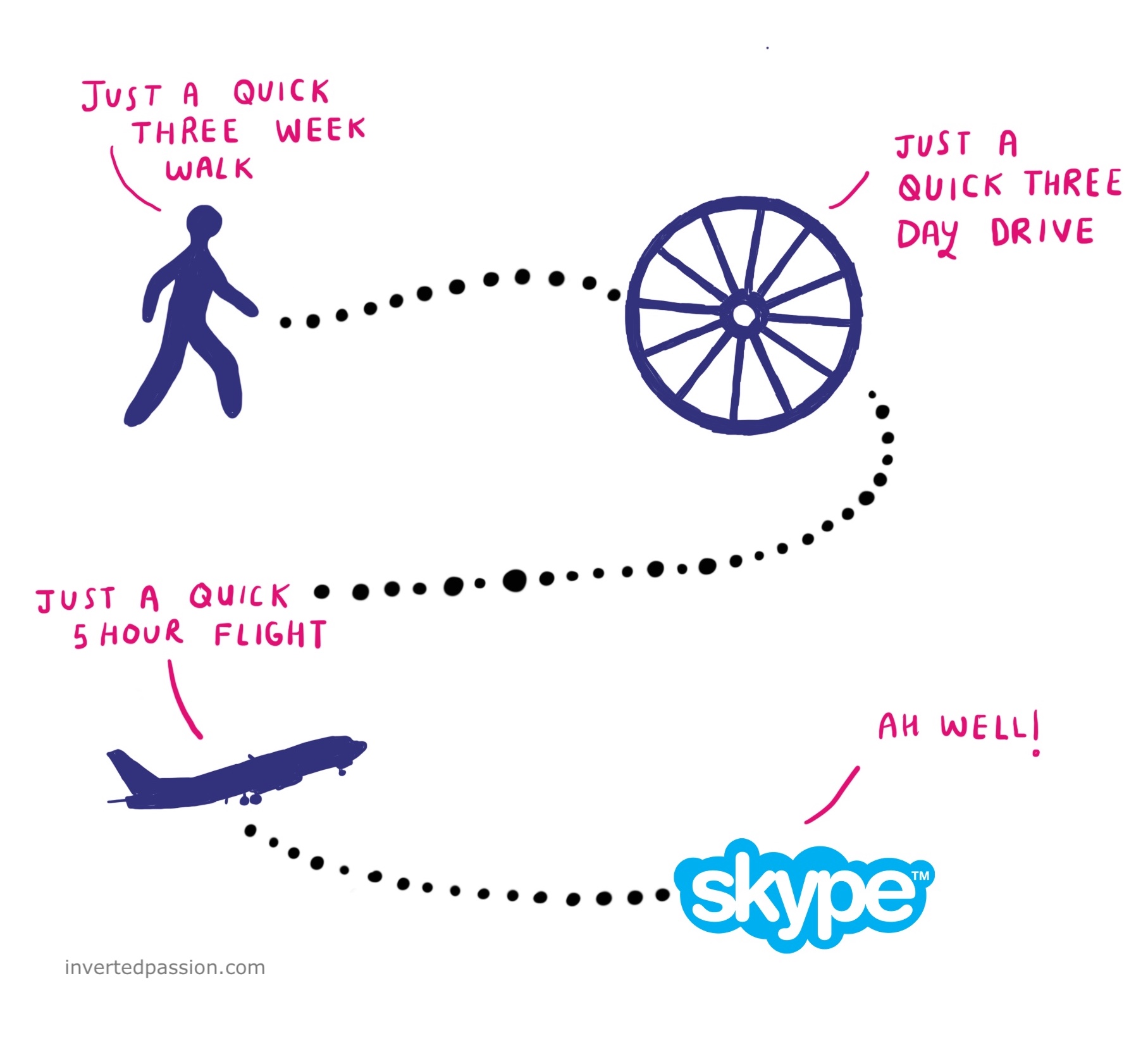There’s an inherent tension between how an engineer sees the product under development and how a potential user sees it. Engineers get excited by the technological advances and the number of options exposed in the gadget. A user sees all such complexity as overwhelming and off-putting.
It’s easy for a creator to forget that the user has a life to live and using their product isn’t a highlight of her life. Rather, it’s likely a chore.

People want their desires to be fulfilled in the most convenient manner. So, if someone wants to go from point A to point B, the most perfect solution would be instant teleportation and not starting the car and driving on the road. People care about their problems, and your solution is only an incidental means to solving those problems. ...


